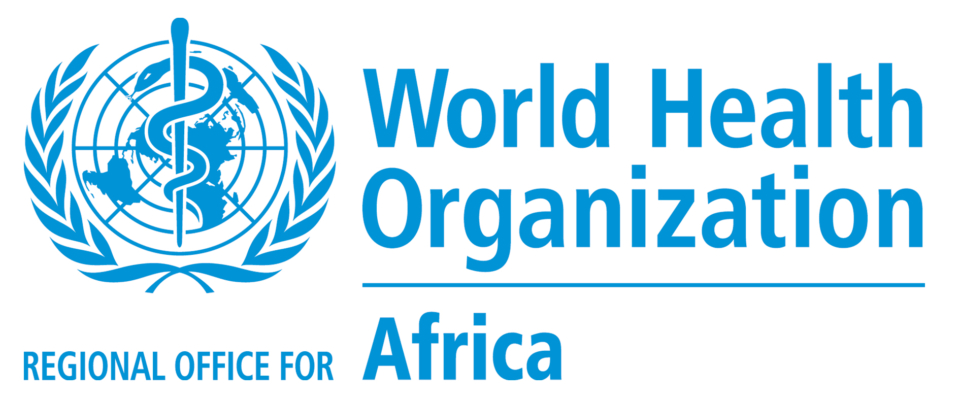Dr. Kafui Senya, the Technical Lead for Hepatitis at the World Health Organization (WHO) country office, has stated that Ghana is currently off track in the fight against viral hepatitis.
He expressed concern that the country would not meet the 2030 elimination target, which was rapidly approaching.
Hepatitis B is a viral infection that impacts the liver, is transmitted through blood or bodily fluids, and can lead to liver inflammation.
Common symptoms of the infection include fever, fatigue, loss of appetite, dark urine, clay-colored bowel movements, nausea (vomiting), and abdominal pain.
In an interview with the Ghana News Agency (GNA), Dr. Kafui Senya emphasized that for Ghana to eliminate viral hepatitis by 2030, certain key targets must be met.
He explained that at least 90 per cent of people with viral hepatitis must be tested and aware of their condition.
Additionally, 65 per cent of those diagnosed should be treated. For hepatitis C, treatment is available, and patients could be cured.
While hepatitis B is not curable, Dr. Senya pointed out that antiviral medications could suppress the virus and help prevent the development of liver cancer.
He also stressed the importance of vaccinating every newborn in Ghana against hepatitis B, which would significantly reduce the risk of infection.
Unfortunately, Dr. Senya noted that Ghana currently lacked a policy to provide this vaccine to newborns.
“Currently, Ghana is not providing that vaccine. If every baby born receives the vaccine, they are unlikely to get infected with hepatitis B. Over time, we would have no new cases of hepatitis B infection among children.”
Dr Senya expressed concern that, without the implementation of key strategies such as childhood vaccination, Ghana is unlikely to meet its 2030 elimination target for viral hepatitis.
He noted that childhood vaccination, along with other efforts, would play a crucial role in achieving the hepatitis elimination target.
However, he expressed concern that none of the key indicators had been implemented, which justified the belief that Ghana would not meet the 2030 elimination target for hepatitis.
As an expert in both hepatitis and infectious diseases, Dr. Senya explained that if a child is infected with hepatitis B, they are at a high risk of developing liver cancer later in life, typically in their 20s or 30s.
This underlined the importance of early prevention through vaccination to protect future generations.
“So, we realise that a lot of the people that die from liver cancer, were in the prime of their life, very productive and contributing to the economy, having finished University, started working and had a family with one or two children,” he added.
Mr. Theobald Owusu-Ansah, President of the Hepatitis Foundation of Ghana, expressed concern that, despite the significant impact of hepatitis B in the country, most attention and discussions were focused on hepatitis C.
He pointed out that Ghana’s approach had been reactive, waiting for people to contract the disease before providing treatment, which he noted was often “very expensive.”
“Why not vaccinate people to prevent them from getting the disease in the first place? Other countries have done it, and Ghana can do it too,” he stressed.
Mr Owusu-Ansah also highlighted the critical issue of funding, stating that Ghana does not have a dedicated budget for combating hepatitis B, unlike the HIV program, which received significant financial support.
This lack of funding, he said, remained a major challenge in the country’s efforts to address hepatitis B.
Mr Owusu-Ansah emphasized that Ghana had made limited progress in the fight against hepatitis B.
He suggested that the way forward should include starting with the administration of a birth dose to prevent mother-to-child transmission, as well as identifying individuals already living with the disease and connecting them to care with access to quality and affordable treatment.
Mr Owusu-Ansah called on the government to take swift action to combat hepatitis B and meet the 2030 elimination target.
He urged for greater investment in the fight against viral hepatitis and recommended that treatment for hepatitis B be included under the National Health Insurance Scheme (NHIS) to make care more accessible to all.
Mr. Owusu-Ansah also pointed out that, currently, treatment costs are paid out-of-pocket, which discouraged many patients from seeking diagnosis and care.
He said this financial barrier was one of the key reasons why there had been insufficient focus on addressing the disease.
Latest Stories
-
‘Expired’ rice scandal: FDA is complicit; top officials must be fired – Ablakwa
12 mins -
#TheManifestoDebate: We’ll provide potable water, expand water distribution network – NDC
30 mins -
IPR Ghana@50: Pupils educated to keep the environment clean
36 mins -
PenTrust CEO named ‘Best Pensions CEO’, company wins ‘Scheme Administrator Award’ at Ghana Accountancy & Finance Awards 2024
56 mins -
Alan Kyerematen’s ‘Brighter Future for Health Professionals’ in Ghana Revealed in Bono
1 hour -
#TheManifestoDebate: NPP will ensure a safer, cleaner and greener environment – Dr Kokofu
1 hour -
2024 Election: Police to deal with individuals who will cause trouble – IGP
1 hour -
Seychelles President’s visit rekindles historical and diplomatic ties with Ghana
1 hour -
Election 2024: EC destroys defective ballot papers for Ahafo and Volta regions
2 hours -
2024 Election: I am sad EC disqualified me, but I endorse CPP’s candidate – PNP’s Nabla
2 hours -
I want to build a modern, inclusive country anchored by systems and data – Bawumia to CSOs
2 hours -
Miss Health Ghana 2024: Kujori Esther Cachana crowned new Health Ambassador
2 hours -
Playback: The manifesto debate on WASH and climate change
2 hours -
Alan Kyerematen saddened by NDC and NPP’s neglect of Krofrom Market in the Ashanti Region
2 hours -
CSIR Executive Director urges farmers to adopt technology for improved farming
2 hours

